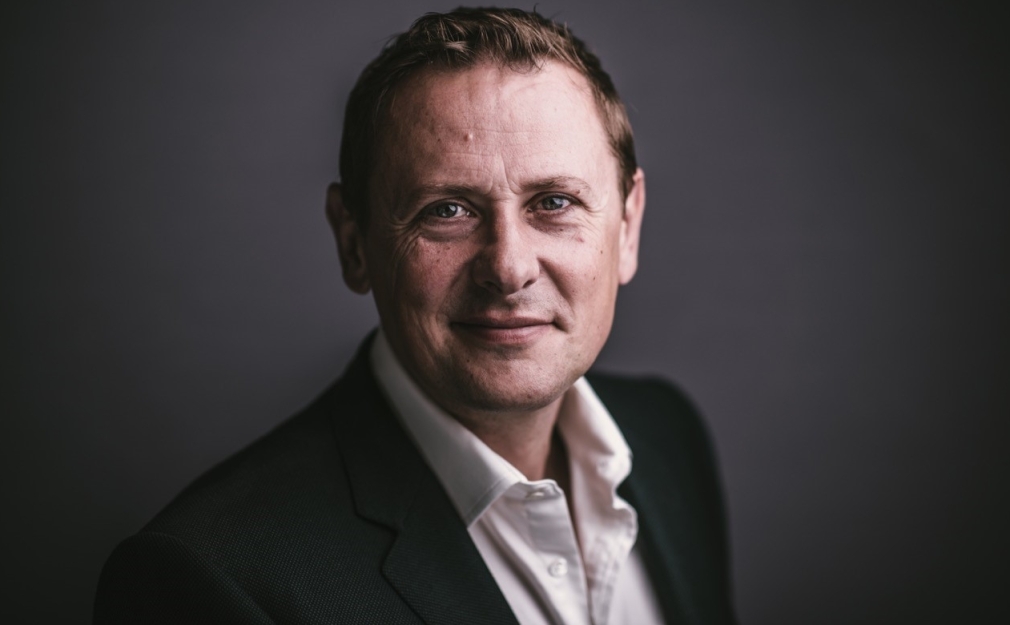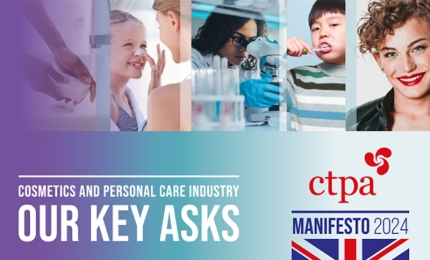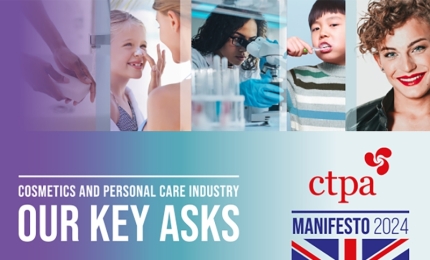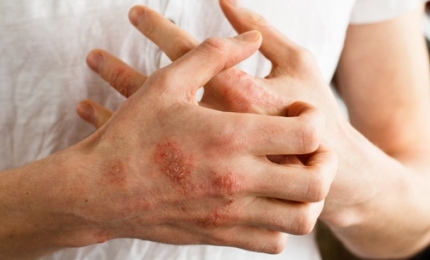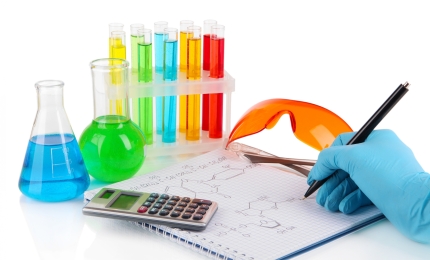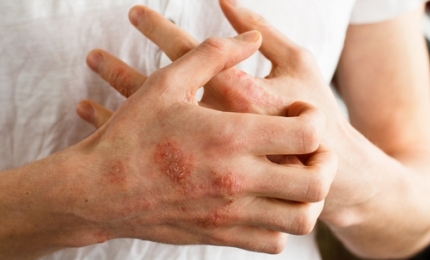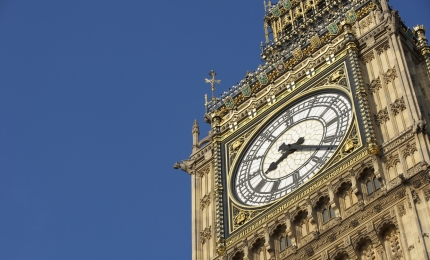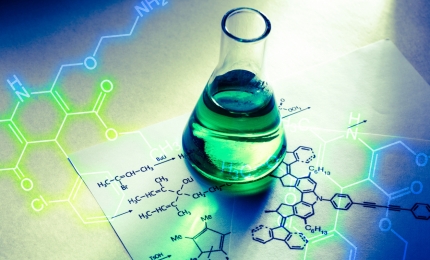Find us on...
There are a lot of questions out there about the safety of beauty products, so we’ve teamed up with the very brilliant Sam Farmer, current President of the Society of Cosmetic Scientists, to get his expert take on some of the most popular beauty questions…
Sam, there is so much competing information out there about cosmetics and safety. Who should people believe and where should they look for answers?
One of the challenges that the cosmetics industry faces is that there can be some big knowledge gaps - and unfortunately people have identified that they can make money from this. Sadly, if a message is repeated often enough, however untrue, then people will start to believe it. It’s also really hard to break that cycle because that message is often more interesting than the fact of the matter.
If you need legal advice, you speak to a lawyer. If you need science advice, then go to a scientist! For our industry, talk to a cosmetic scientist. It takes decades of experience to build up strong scientific knowledge. I know people who have focused 25-year careers solely on the subject of preservatives or silicones. It’s people like this who can help us.
Definitely don’t turn to one of your average bloggers or influencers with little scientific knowledge for the answer. Go to the source of the information. There are some incredibly experienced cosmetic scientists out there who are ready and willing to help you. People like Perry Romanowski and Valerie George who answer your everyday beauty questions in their Beauty Brains podcast and through their informative website. You can post your question for them on social media.
What is your take on “free-from” claims on cosmetic products?
Isn’t it fascinating that we are focused so much today on what is not in a product? You would never pick up a bag of carrots at the supermarket, and look for ‘free from Cabbages' and think: “Oh, that sounds good.” It doesn’t make any sense
In fact, it’s a little ludicrous that we are talking about what is not in products rather than what is in them when all products in the UK or Europe must comply with the same safety laws. Any ingredient included in a product for sale must have met that safety standard or that product could not be sold. It means that if another product chooses not to use this ingredient, then the absence of it has absolutely no bearing at all on the product’s safety.
In a similar vein, it’s ridiculous to say: “this is not tested on animals”, this is “cruelty-free” or “this is non-toxic” because every brand has to meet these requirements. Of course, the issue is that as a consumer you may not know this.
What is clean beauty and what do you make of this?
Clean beauty doesn’t mean anything!. It’s just a concept that some people leverage to create more sales. Another marketing craze. What’s particularly unhelpful is that it blurs the lines between food and cosmetics. It gives the impression of someone who is stuffing vegetables into a tube and selling them commercially as a cosmetic. But of course, that simply isn’t the case. Every ingredient has to be cosmetic grade and, after all, you are not ingesting them. You are using them on your skin.
The ‘clean beauty’ craze perpetuates the same myths and lack of scientific knowledge as the irrational fear of certain safe ingredients, such as parabens. Beauty companies, retailers and the media shouldn’t be led by what they think consumers’ understanding of cosmetic science is, quite the opposite. We should be educating and developing products using science and evidence to benefit the consumer.
Lastly, where do you think these myths originate and is it possible to stop them?
As well as seeing a more responsible approach from some within the beauty industry, I think social media has a lot to answer for. You only have to look at the vast difference in view and follower counts between those spreading science nonsense and those promoting science facts. Those saying wild things on social media platforms, particularly TikTok, can garner millions of views because it’s much more interesting to listen to the wild stuff. Social media can make or break a brand so use it wisely and question what you read!
For more facts about cosmetic safety and claims, catch-up on CTPA’s recent Instagram Live where Sam Farmer was joined by Beauty Brains podcast co-hosts, Valerie George and Perry Romanowski. Find it here.

